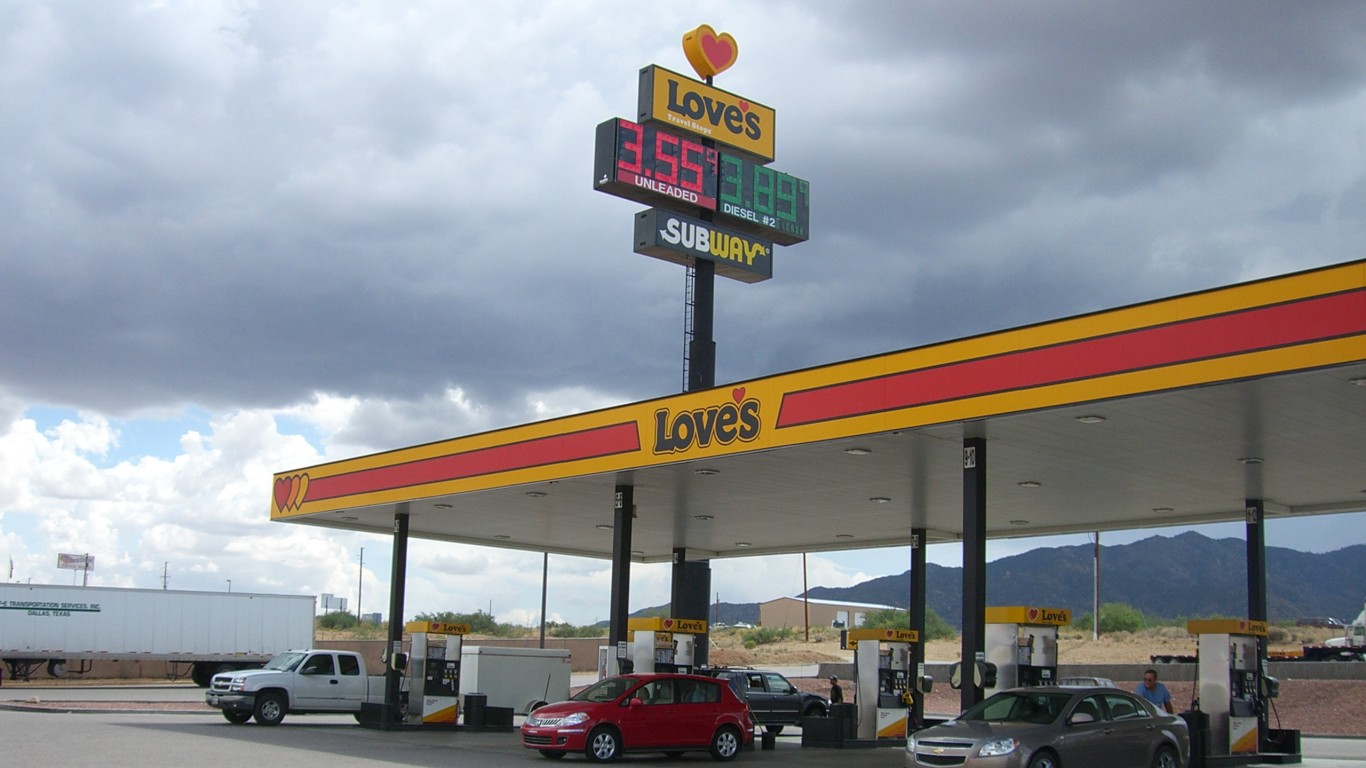The Wall Street Journal was good enough to point out that the price of natural gas in the US is up 93% since last August. Part of the reason is international demand. The paper reports that "power-hungry nations like South Korea and Japan compete in a global natural-gas market that scarcely existed a half-decade ago."
Most of the "green" advocates of a cleaner Earth don’t want companies to burn coal, and natural gas is a natural alternative.
However, natural gas is used to heat about half of the homes in the US. Some could convert to oil, but the price of that commodity is going up as well.
All of this makes life more difficult for the Fed and Treasury. Keeping rates where they are to fight inflation brought on by rising food and gas prices might make the credit crisis more severe taking GDP growth to negative numbers. Lowering rates might make consumers and businesses spend more, driving inflation up.
Fortunately for the Fed, banks are not passing lower interest rates on to businesses and individuals. The financial firms are hoarding money to improve their balance sheets. Their customers are getting nothing.
With high natural gas prices homes may be a little colder next year. The cost of energy will be high and money won’t be available to afford buying it at its newly inflated prices.
The Fed can’t solve that.
Douglas A. McIntyre
Sponsored: Find a Qualified Financial Advisor
Finding a qualified financial advisor doesn’t have to be hard. SmartAsset’s free tool matches you with up to 3 fiduciary financial advisors in your area in 5 minutes. Each advisor has been vetted by SmartAsset and is held to a fiduciary standard to act in your best interests. If you’re ready to be matched with local advisors that can help you achieve your financial goals, get started now.
Thank you for reading! Have some feedback for us?
Contact the 24/7 Wall St. editorial team.


